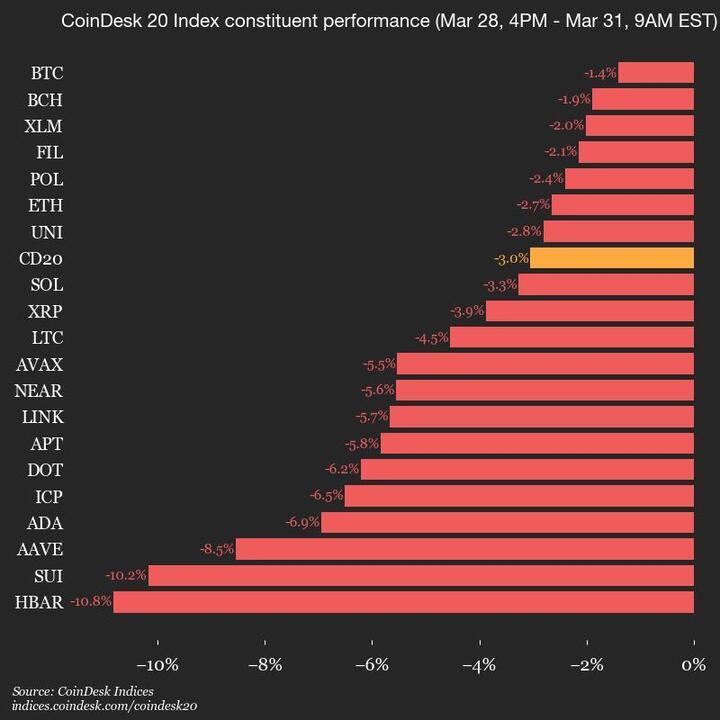For decades, economists have envisioned the concept of “perfect markets,” where buyers and sellers engage with complete information, zero transaction costs, and seamless exchanges. However, despite the rapid evolution of technology, this ideal remains out of reach in our current fragmented digital economy.
The Fragmented Landscape of Digital Commerce
In today’s commerce environment, numerous competing platforms create isolated ecosystems, each with its own set of rules and barriers. Major players like Amazon and eBay have digitized transactions, but they have merely replaced physical constraints with digital ones. These platforms are designed to maintain high transaction costs and hurdles to prevent users from switching to competitors. Their algorithms are specifically programmed to enhance revenue by dynamically adjusting prices based on extensive market data, frequently resulting in inflated prices influenced by the broader online pricing landscape.
This leads to significant price discrepancies for identical products across different platforms. The persistent inefficiencies can be traced back to the costs associated with taking advantage of these discrepancies—such as hefty platform fees, lengthy user onboarding processes, limited interoperability, and transaction delays—often outweighing the potential profits from arbitrage. Consequently, these inefficiencies remain entrenched, empowering platforms to maintain control over their user base.
The Dual Role of Platforms: Coordinators and Extractors
Modern platforms serve two critical roles: they bring together supply and demand and create trusted mechanisms for exchange. However, their incentives are misaligned with those of users. Instead of prioritizing user interests, platforms cater to shareholders, driven by a fiduciary duty to maximize profits.
This misalignment leads to market failures, with platforms exploiting their intermediary position through excessive fees, manipulated search results, and closed ecosystems that lock in users. The platform model is inherently extractive, creating barriers that hinder genuine competition.
The Disruption: AI Agents and Crypto Protocols
A transformative shift is on the horizon, fueled by the convergence of artificial intelligence (AI) agents and cryptocurrency protocols. AI agents are capable of performing various platform functions—particularly in aggregating supply and demand—at significantly lower costs. Unlike traditional platforms, these agents work directly for users, effectively realigning incentives.
On the other hand, cryptocurrency protocols address the challenge of fair exchange by facilitating low-cost, trust-minimized transactions. Users can rely on audited, immutable code instead of corporate intermediaries. This fusion gives rise to what I term “decentralized commerce agents”—AI that efficiently identifies price differences across marketplaces while utilizing crypto protocols for secure and affordable transactions. This innovation dramatically lowers the total cost of arbitrage, transforming previously unviable price differences into exploitable opportunities.
A Blueprint for Achieving Perfect Markets
The real excitement lies in enabling these agents to retain profits from successful arbitrage activities. By redistributing gains strategically, they can incentivize the adoption of decentralized commerce protocols. Each successful arbitrage operation can yield discounts for buyers, bonuses for sellers, and funding for ongoing development of the agent ecosystem.
This creates a compelling feedback loop: an increase in users leads to more transactions, generating additional arbitrage opportunities, which in turn yields greater profits and attracts even more users. Each cycle strengthens liquidity on decentralized protocols, diminishing the viability of isolated, extractive platforms.
The outcome? A steady march toward the theoretical ideal of a perfect market—a unified, liquid marketplace for all assets characterized by minimal transaction costs, maximum price transparency, and efficient pricing.
The Broader Implications
For consumers, this evolution translates to lower prices, enhanced selection, and genuinely competitive markets free from platform manipulation. For businesses, it means direct access to customers without incurring exorbitant platform fees. For society at large, it promises a more efficient allocation of resources based on actual supply and demand, rather than the whims of platform algorithms.
The necessary foundations are being laid—AI capabilities are advancing rapidly, and crypto protocols for decentralized commerce are maturing. What remains is the recognition of the immense potential these technologies have when combined to disrupt traditional platform economics.
Decentralized commerce agents signify not just an incremental enhancement but a fundamental shift in economic coordination. For the first time, we possess the tools to transform the concept of perfect markets from a mere theoretical ideal into a practical reality. The pressing question is whether we will seize this opportunity to create a more efficient, accessible, and equitable commercial landscape for all.



